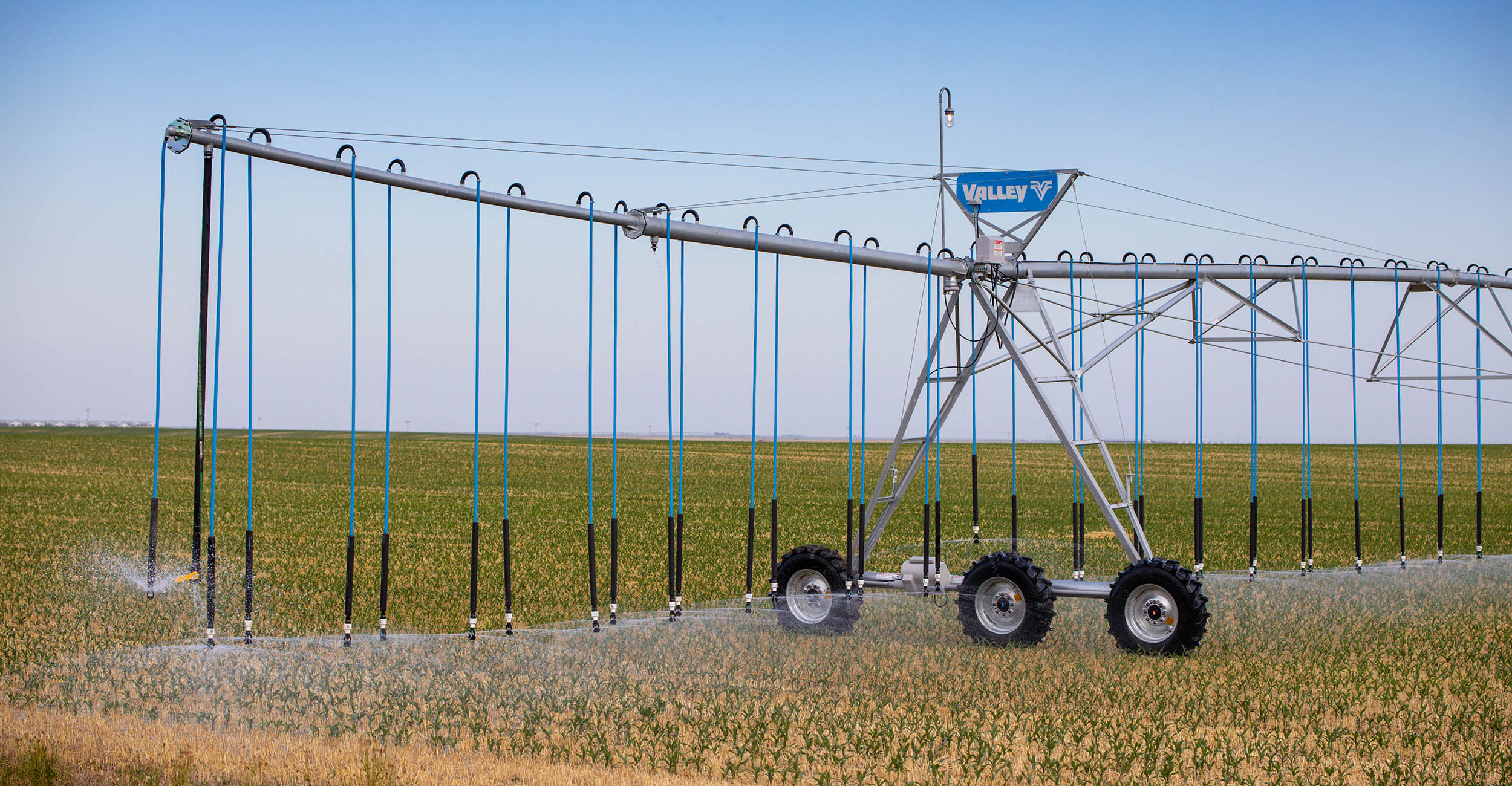
Master Irrigator Program to begin its third year
Tuesday, November 15, 2022
Media Contact: Alisa Boswell-Gore | Agricultural Communications Services | 405-744-7115 | alisa.gore@okstate.edu
Oklahoma State University Extension’s Master Irrigator Program kicks off its third year in January 2023 to educate producers on water conservation and irrigation practices.
“The overall goal of the program is to facilitate adoption of water management strategies and technologies by the producers while improving farm income, increasing producer participation in water conservation strategies and enhancing the peer-to-peer exchange of information between producers and Extension personnel,” said Sumit Sharma, OSU Extension specialist for high plains irrigation and water management.
The program launched in Goodwell in 2021, and Altus hosted it in 2022. The educational series returns to Goodwell for 2023, and its coordinators plan to eventually expand to other areas of the state.
The Master Irrigator Program will take place 9 a.m. to 3 p.m. every Tuesday over the course of four weeks. The dates for 2023 are Jan. 17, 24, 31 and Feb. 7. Registration is $100 per person. Participants will also have the option of attending in-field events for hands-on learning next fall.
Curriculum for the 2023 program includes Ogallala hydrology, soil/water relationship, soil moisture sensors, economic value of Ogallala water, irrigation scheduling models, the Oklahoma Mesonet, irrigated forage production, irrigation equipment, well energy efficiency, drip irrigation, VFDs, center pivots, soil health and nutrient management.
Master Irrigators offers a platform for sharing peer-to-peer knowledge with producers while discussing irrigation techniques they have used, problems they have faced and management techniques they are curious about, said Jason Warren, OSU Extension specialist for soil and water conservation.
Sharma said he has invited speakers from surrounding states to provide expertise on irrigation practices. Producers are consulted before the program begins to ensure their specific needs will be addressed.
“The information generated from discussions during the program is also helpful in shaping our research and Extension efforts,” Sharma said.
The Oklahoma Water Resources Center works with several state and federal agencies to provide funding and opportunities to producers following the program. They can receive up to $2,000 to purchase irrigation technology, such as soil moisture sensors or irrigation schedulers. Program graduates are also eligible for benefits to improve their irrigation systems.
Program participants can receive additional points on their Environmental Quality Incentives Program applications for financial assistance from the U.S. Department of Agriculture-Natural Resources Conservation Service. They can also request free irrigation audits to measure how much energy and water an irrigation system uses in daily operations as well as locate leaks in pipelines and assess the uniformity of irrigation application.
“We hope to increase participant capacity and use lessons learned from each program to evolve the curriculum as we move forward,” Sharma said.
For more information, contact Sharma at sumit.sharma@okstate.edu or 580-349-5441. Registration can be completed online.
